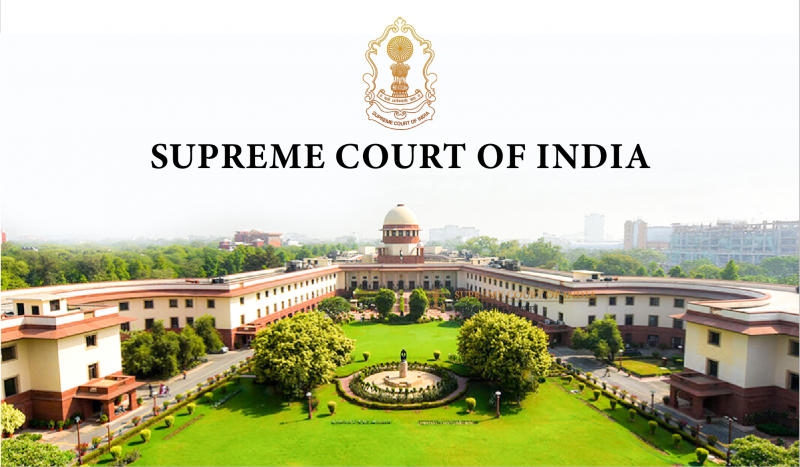
New Delhi: Renowned lawyer Harish Salve has approached the Supreme Court of India, seeking intervention to curb what he considers the Enforcement Directorate's (ED) excessive and arbitrary powers in cases related to the Prevention of Money Laundering Act (PMLA). Salve, known for his expertise in constitutional and international law, argues that the ED's wide-ranging authority is being misused, leading to potential violations of fundamental rights and procedural fairness.
The PMLA, enacted in 2002, is aimed at combating money laundering and confiscating proceeds of crime. The legislation empowers the ED, a specialized financial investigation agency, to attach and seize assets suspected to be involved in money laundering activities. However, concerns have been raised regarding the ED's broad investigative powers, which some argue lack adequate checks and balances.
Also read:A Setback for Borrowers: Supreme Court Declares Biden's Student Debt Relief Plan Unconstitutional
In his petition, Salve asserts that the ED's unbridled authority to provisionally attach assets has resulted in instances of abuse and violation of due process. He highlights cases where individuals have faced significant hardships and reputational damage due to asset attachments, even before any charges have been proven. Salve contends that such measures often lead to an irreversible impact on a person's livelihood and business interests, without affording adequate opportunity for defense or fair adjudication.
Salve's petition also questions the ED's practice of attaching properties under investigation without seeking prior court approval. He argues that this allows the ED to act as an investigator, prosecutor, and judge, potentially encroaching upon the principles of natural justice and the separation of powers. Salve emphasizes that in the absence of judicial scrutiny, the ED's actions can result in irreparable harm to individuals and businesses.
The noted lawyer further highlights the need for a comprehensive framework to strike a balance between the ED's investigative powers and the protection of individual rights. He suggests that clear guidelines and judicial oversight should be established to prevent arbitrary exercise of authority, ensuring that fundamental rights are not compromised in the pursuit of curbing money laundering.
Also read:Iran is being sued by Canada and its allies over a downed plane
Salve's plea comes at a time when concerns over the ED's powers and actions have gained prominence in public discourse. Critics argue that the agency's wide-ranging authority, coupled with its ability to freeze assets during investigations, can lead to adverse consequences for innocent parties and create a chilling effect on legitimate business activities.
In response to Salve's petition, legal experts and commentators have voiced their support for his call to reassess the ED's powers. They assert that a fine balance must be struck between enforcing laws to combat money laundering and safeguarding individual rights, emphasizing the importance of proportionality and due process.
The Supreme Court's decision on Salve's plea could have significant implications for the enforcement landscape in PMLA cases. It has the potential to shape the future direction of the ED's powers, imposing necessary safeguards and ensuring a fair and just process for all parties involved.
As the case unfolds, legal observers and stakeholders eagerly await the Supreme Court's deliberations on the matter. The outcome will not only impact the ED's operations but also serve as a precedent for striking the delicate balance between curbing financial crimes and protecting individual rights within the Indian legal framework.
Salve's appeal highlights the ongoing quest for a robust legal framework that upholds the principles of justice, fairness, and the protection of individual rights. As the Supreme Court takes up this important issue, it has an opportunity to shape the contours of the ED's powers and redefine the boundaries of investigative authority in PMLA cases.